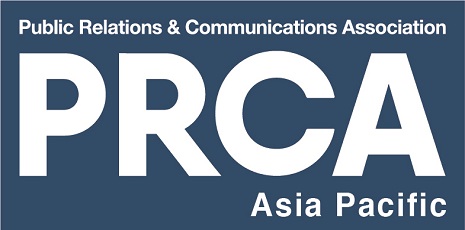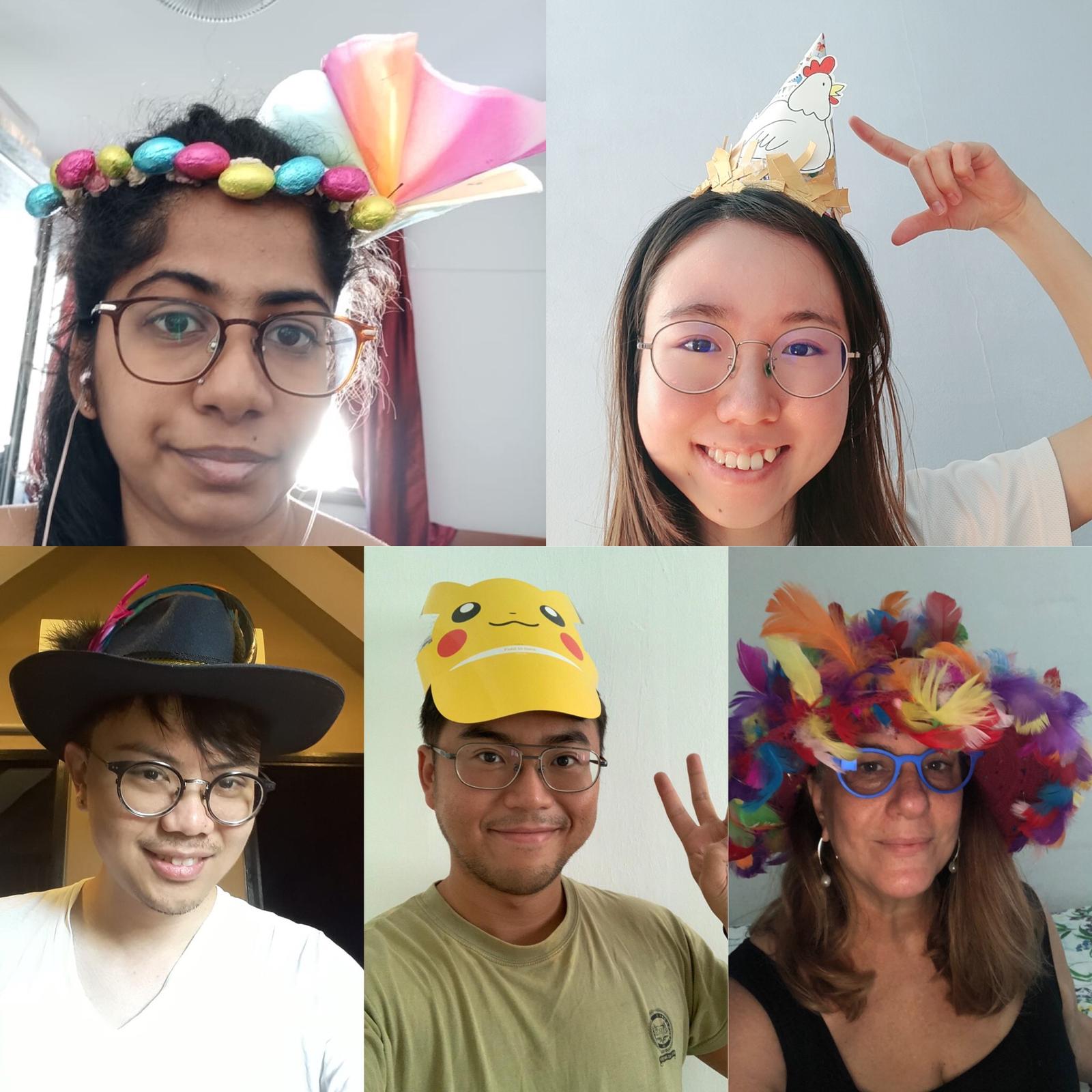The COVID-19 crisis has had a profound impact on public relations professionals across the world. Despite the ongoing uncertainty, communications are playing an essential role connecting stakeholders and helping organisations to make sense of their new environments. Messaging and communication have never been more critical to business.
This exclusive Q&A series spotlights the communications professionals behind the organisations working the COVID-19 crisis.
In this week’s Q+A, Illka Gobius MPRCA, CEO & Managing Director, Pinpoint PR and her team highlight the impact the global pandemic has made on the company and the measures taken to manage disruption within the workplace and clients.
How has the COVID-19 crisis affected you and your organisation?
Luckily, we were well prepared. Five years ago, when setting up the company, we had the vision to be able to work from anywhere, at any time, and still be able to collaborate with each other and our clients. So we built our company operations on Google Apps. This enabled us to easily migrate to working from home when it was apparent that Covid-19 would be named a pandemic by the WHO.
It didn’t take us long to realise that we needed to better communicate, be organised and to retain connection with team members. To do that we established a 10am meeting daily where we collectively reviewed our to do lists, and discussed any news, and areas for collaboration. We also took the approach that this was a valuable time for learning, and took the time to do weekly training sessions. We’ve also organised fun events, like a Quiz Night and an Easter Hat parade (pictured) to show off our creative side, and build collaboration.
Client wise, we had several projects go on hold, or be reimagined as digital events. This meant some loss of revenue, and a change in mindset for all involved.
How should businesses communicate with stakeholders during the current crisis? What are the key things to bear in mind?
We’ve found that an attitude of service, being willing to accept that everyone is in a difficult position and that we all need to play our part to be partners, to be collaborative, helps to drive success. As in any crisis, transparency is essential. We encourage all our clients to be as honest and authentic in their communication as possible, because that builds trust and empathy with their stakeholders.
How can organisations safeguard their reputation during this period?
Transparency is critical to communication success. It doesn’t help to withhold information or pretend that you know something you don’t. We are all in this together, and if we muddle through, we will get out okay, perhaps stronger. Admitting that you don’t know, or you can’t do something, evokes empathy.
Do you have any thoughts on how organisations ought to communicate with employees during the present crisis?
We went to a four day formal week the minute we started working from home. Friday’s is a casual day, to be spent as you please, catching up on work if you must, or just taking it easy. This was possible, because several large projects we were working on went on hold indefinitely. Being consistent in communication, both as a team and individually, is hyper important at a time like this. Video meetings, so that you can see social clues, is especially important.
Do you have any tips on how to protect and promote mental wellbeing amongst staff at this time?
Somehow working from home lacks the urgency that we knew in the office. People have switched off, as it were. When you aren’t in front of someone, it takes longer to remember and then confront them about what they are supposed to deliver. Watching people on video is exhausting, as you are constantly searching for social cues. It’s important that an employer is empathetic to these issues, and has compassion for individuals who may be feeling more out of place working at home than others. We find that being inclusive of each other, taking time to check in on each other’s well being is as important as knowing if a task has been accomplished or not. We deliberately set aside time for each other.
Can you share any examples of organisations delivering positive community-led or social campaigns over the past couple of months?
LASALLE College of the Arts is putting their annual LASALLE Show online for the first time. The showing of the human spirit in adversity really showcases the importance of arts education in society today. The story has proved popular across all tiers of media.
Everise (weareeverise.com) has led several campaigns on diversity, and to showcase that it is a people first organization. The company is recruiting for about 50% growth, some 4,000 to 6,000 employees globally, so to demonstrate that they are a kind, considerate organisations for people of any creed, with loads of opportunities and gender diversity, has been important to them.
EGN Network, a membership model that offers a safe space for executives to network and share their problems (as they are assigned to groups which are deconflicted), has pivoted all their in-person meetings and events to online networking sessions and webinars. They are running mental health campaigns and we’ve had success placing their stories in mainstream media. A story in The Business Times had 18,000 views in the first weekend of publication.
In what ways (if any) will this crisis impact the way communications professionals work in the long-term?
Communication has been undergoing digital transformation over time, but the pandemic has tipped the scales and shown that anyone, anywhere, can communicate. Stakeholder communications will become more critical, so that you position your messaging as, where and when your stakeholders will be interested in discovering those messages.
Hiring and acquiring staff who can work remotely will become more acceptable, and be more affordable. This will create better hiring opportunities, and less focus on physically working together.
We will have more time to focus on creating and executing, simply doing, rather than wasting time on travel, social lunches, long meetings et al. We can be more productive now that the scale has tipped to digital communications.
If you could share any advice with yourself before this crisis began, what would it be?
Foster your team. Build empathetic relationships. Find ways to uphold and support each other, because going digital, without that regular physical contact is hard. You’ll need those bonds. Take more time to educate and help clients to develop their digital communication capabilities.
*********

